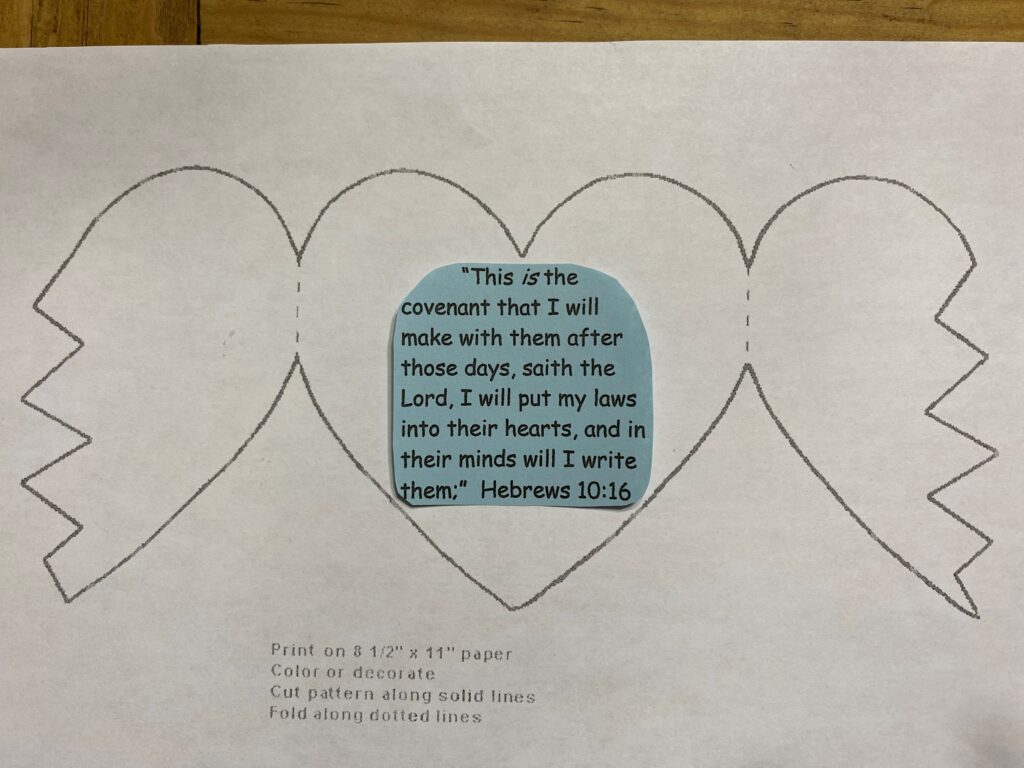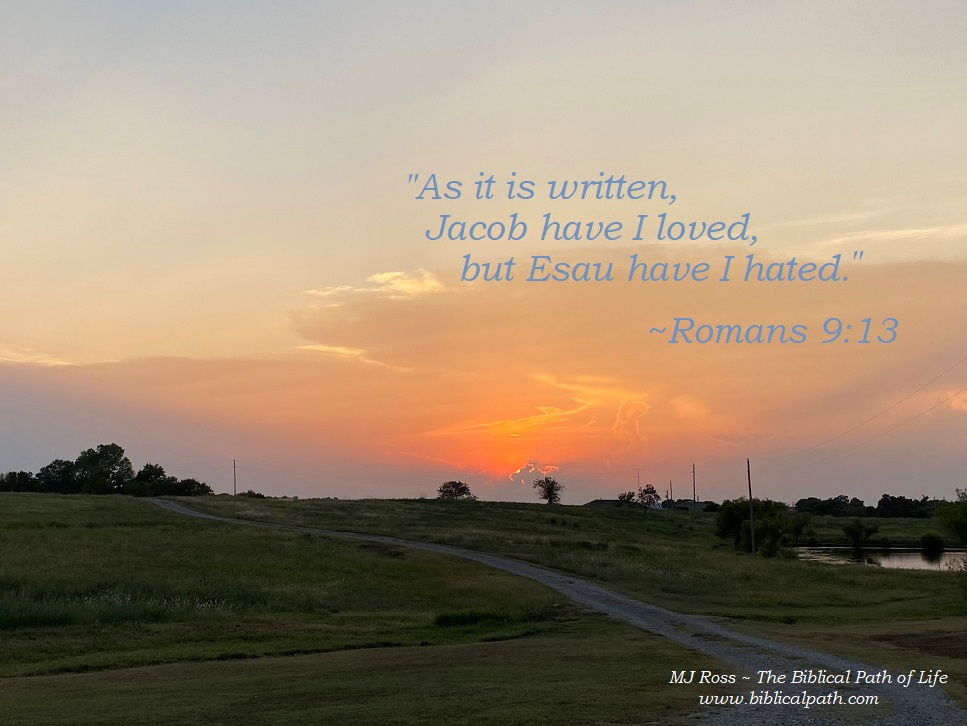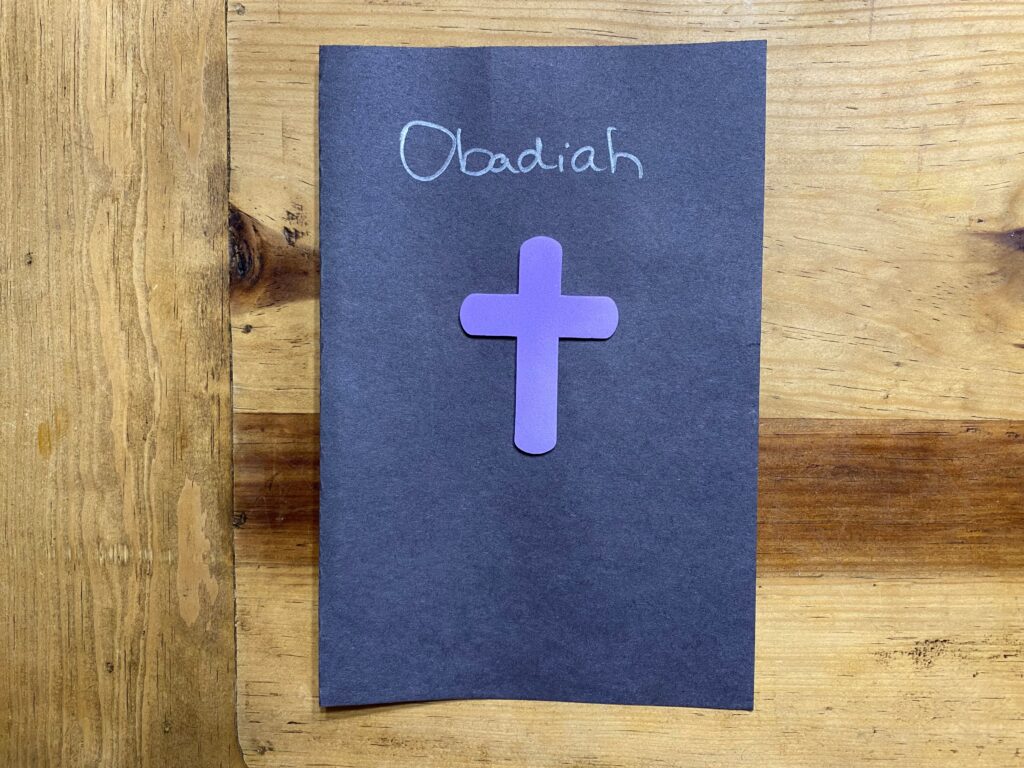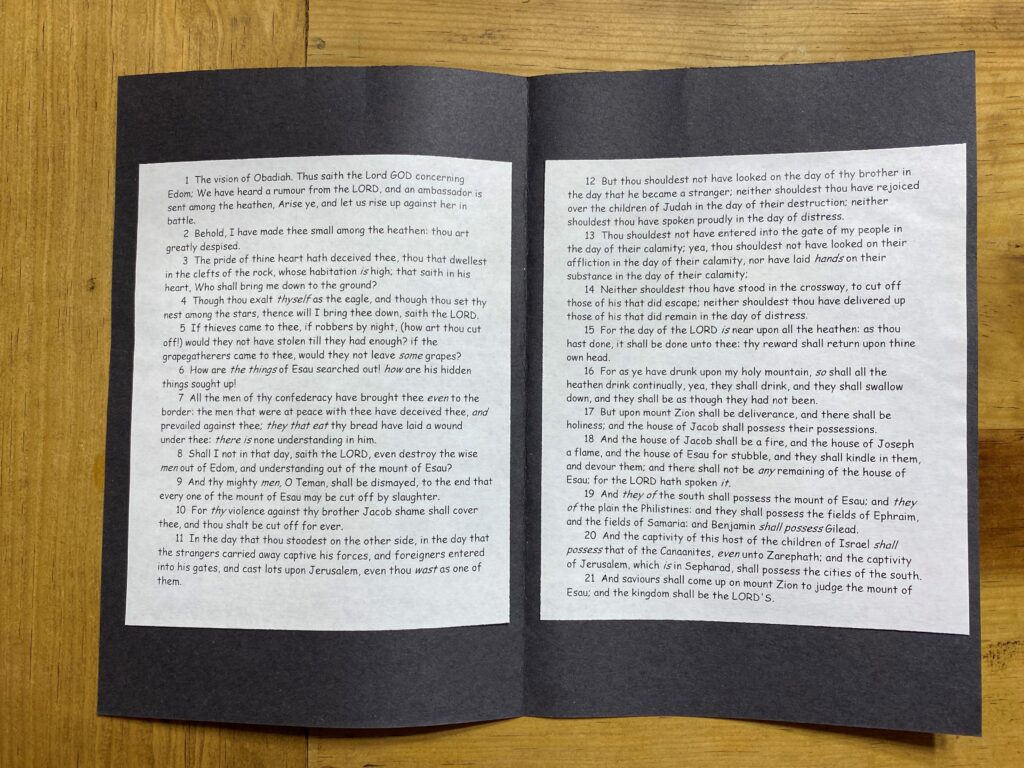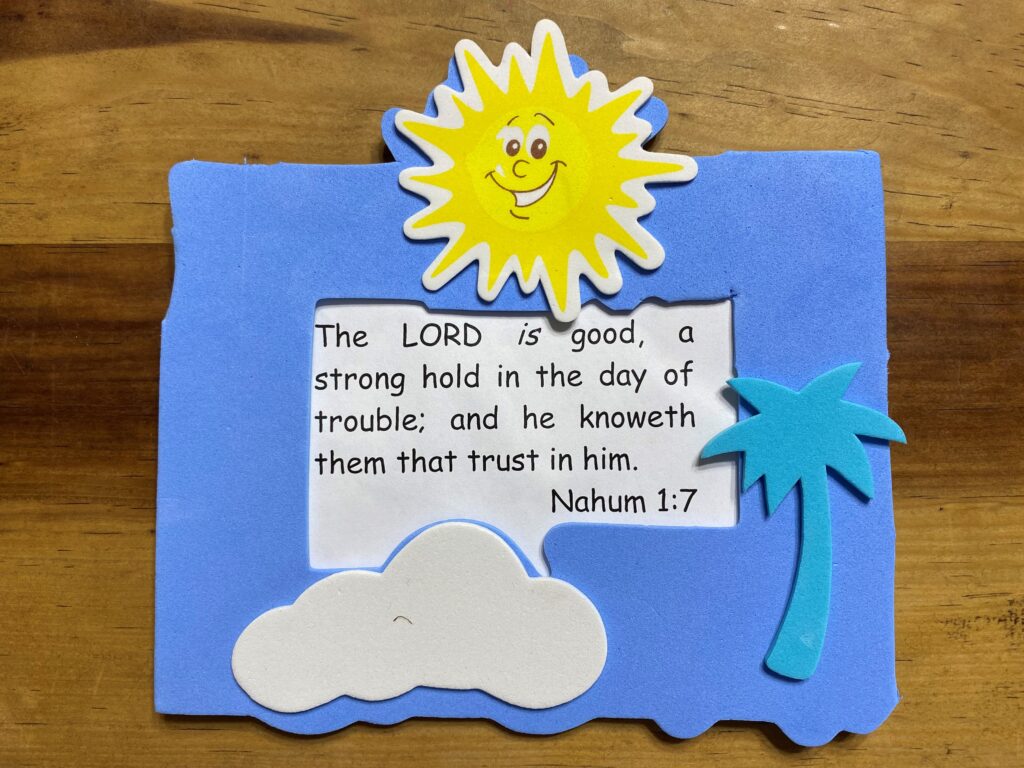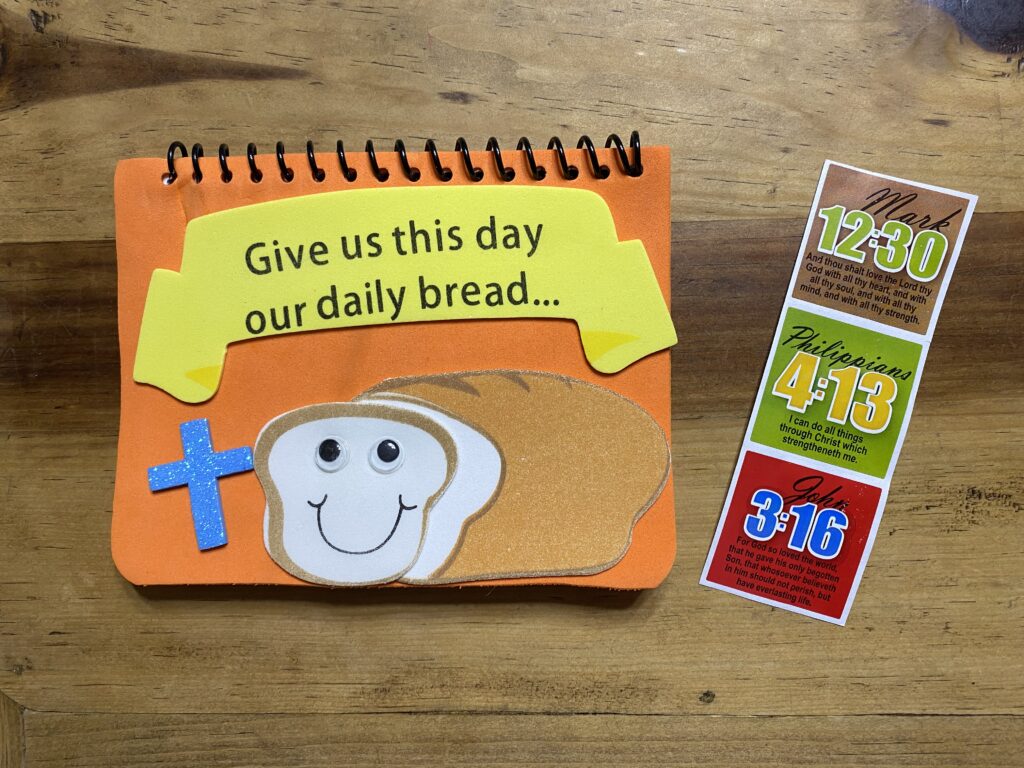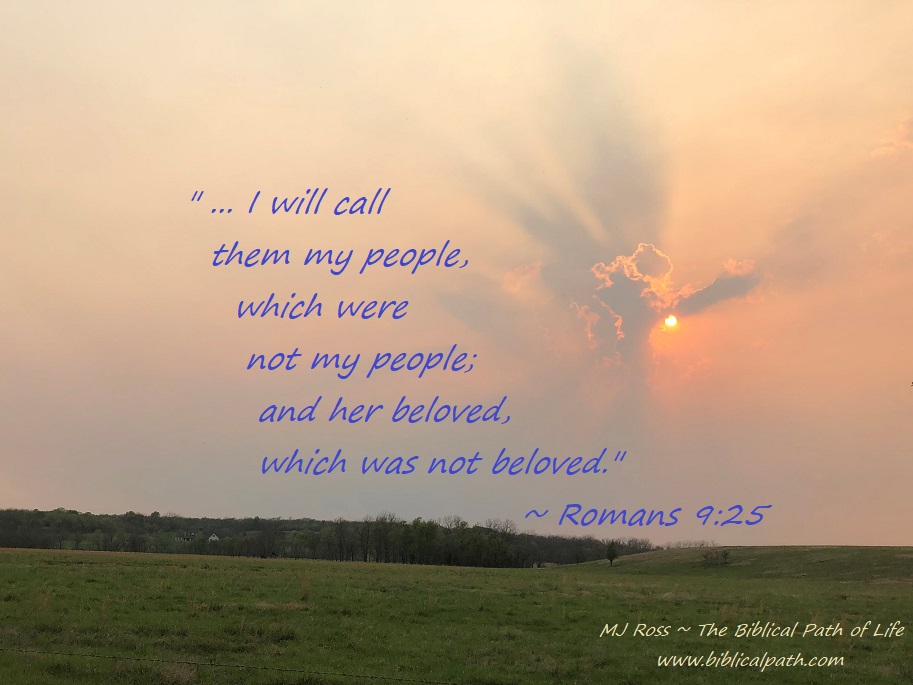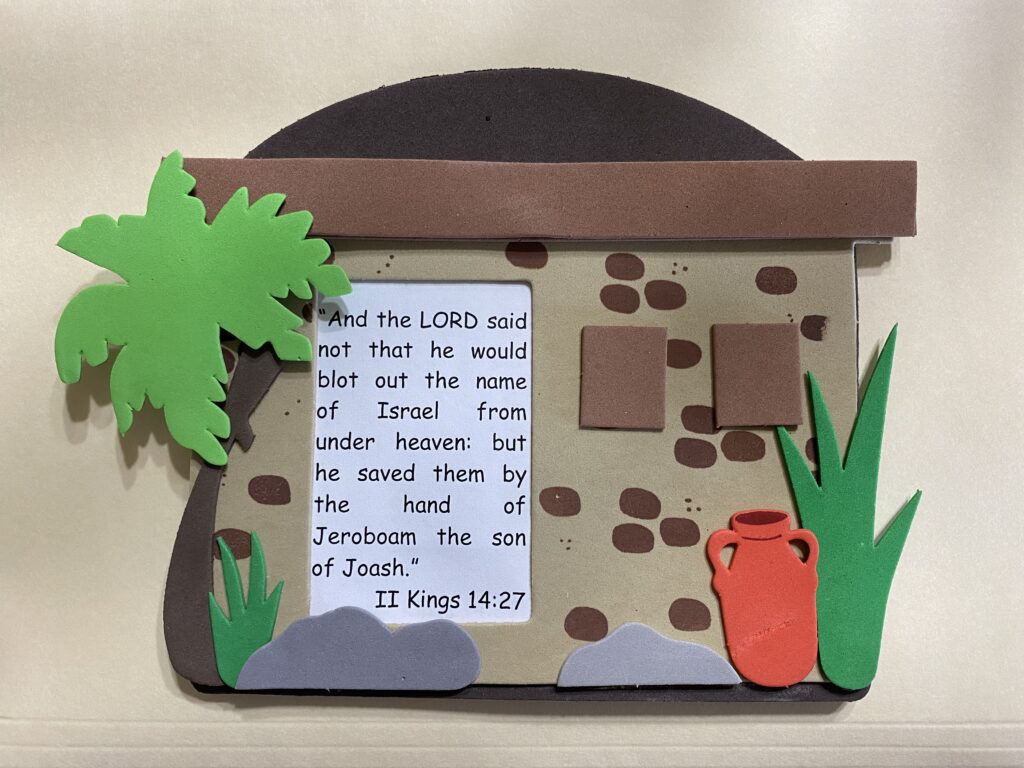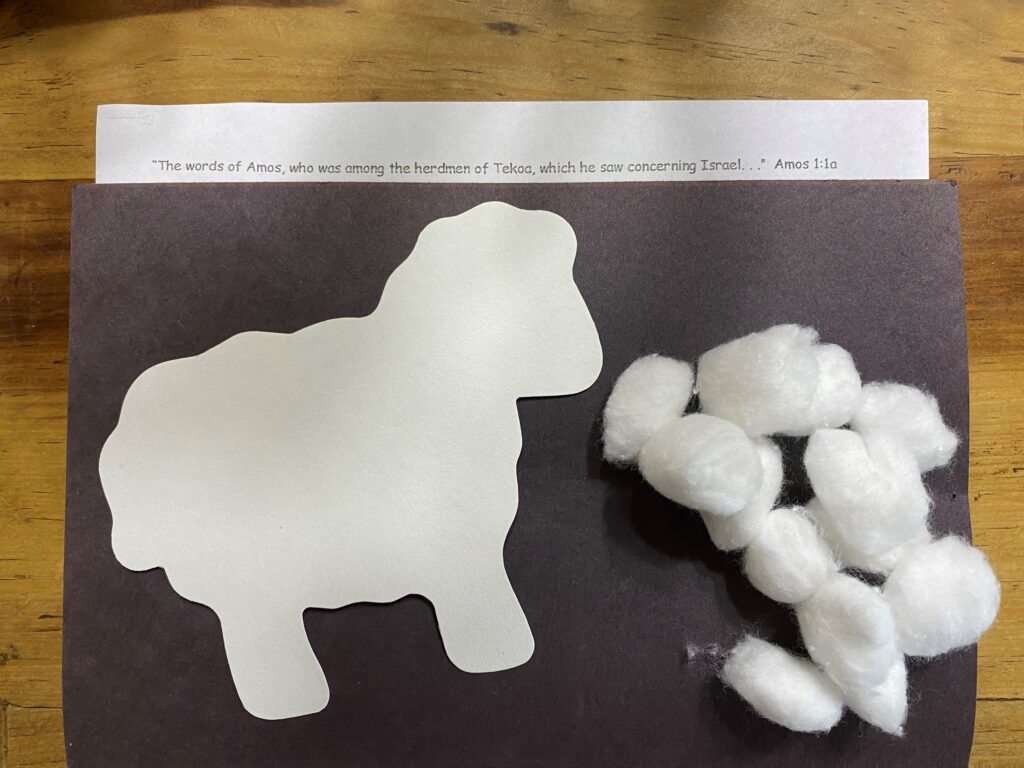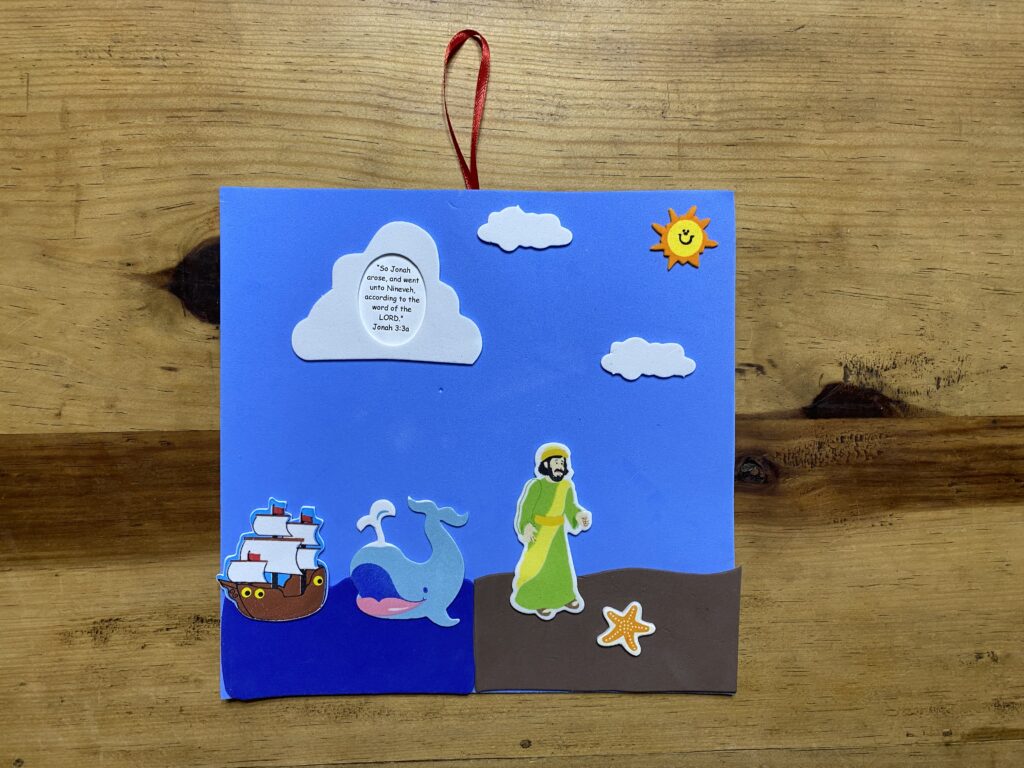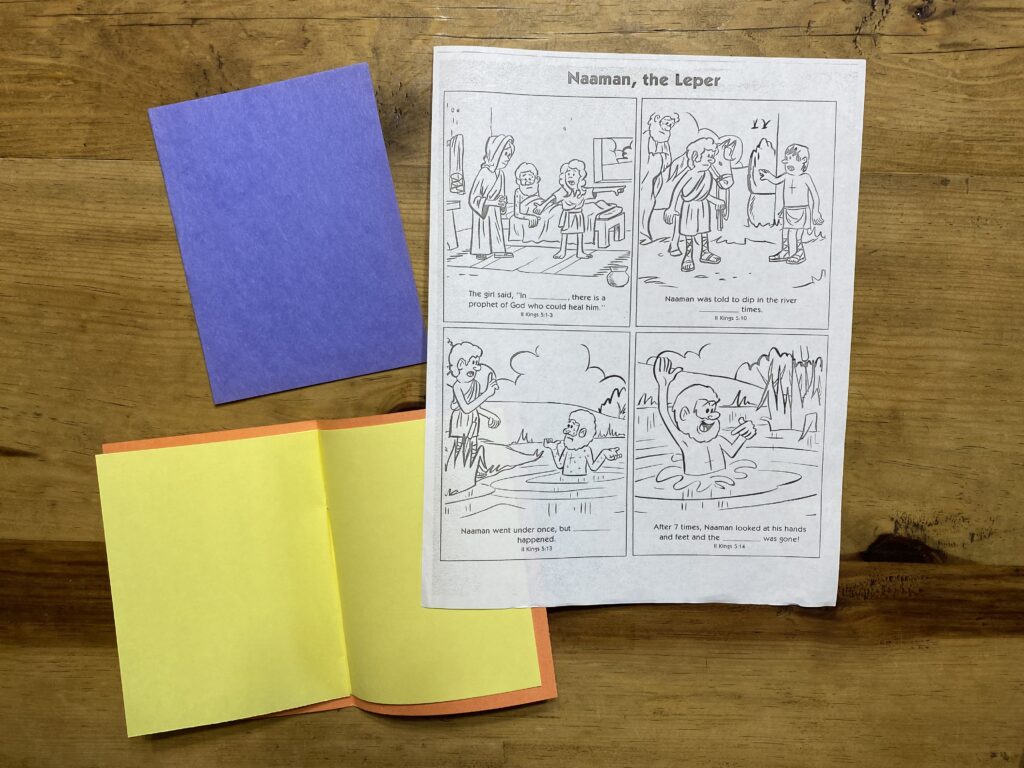
Key Verse
Having a form of godliness, but denying the power thereof: from such turn away.
—2 Timothy 3:5
Key Verse Thought: Read today’s key verse. You may understand it better with the following definitions:
- form: the process or activity of forming or shaping; specifically in reference to the Law as the source of knowledge and truth. This refers to the godliness, which is only a form and an external appearance. Such godliness is a sham and devoid of any real power to break the power of sin.
- power: true nature of something as opposed to just talking about something.
From this verse, we can understand that just because someone acts like they are “godly” does not actually make them godly if they do not have Jesus in their heart. For someone to act “godly” and not have Jesus, is someone who has denied the power (true nature of something) of Jesus in one’s life. It may look and sound real, but it is not. We read in our key verse that we are to “turn away” from someone, or even things, like that.
Emphasis: We are to know that it does not matter what anyone thinks, only what God’s Word says: Jesus was the one promised from the beginning of time — the only one who could restore our relationship with God.
Lesson Summary: We have been studying the history of the Northern Kingdom, Israel. We found they never had a good king. Each king followed in the steps of King Jeroboam I, for we read the kings “took no heed to walk in the law of the LORD God of Israel with all his heart: for he departed not from the sins of Jeroboam, which made Israel to sin” (2 Kings 10:31). Because each king led the nation to continue in the worship of idols (remember the golden calves at Dan and Bethel), the nation never was what God intended it to be. We also studied the prophets Amos and Hosea as they warned Israel to seek God and correct their worship.
In this lesson, we will see why Israel needed Jesus. As we have learned, Israel had the form of worship (a religion) without the power (true nature) of that worship of God (remember today’s memory verse). They still performed sacrifices, but they were to idols — not to God. Those sacrifices were to remind them of their sin, and that God would send One to remove that sin. Without the correct worship, they would never seek for their Messiah (which was Jesus).
We will remember many times God promised for their Messiah (which was Jesus) to come, if only the people had remembered to watch for Him. We will then look at the revealing of Jesus as the Promised One who would take away man’s sin. Even in Jesus’ day, the people misunderstood who he was, so Jesus told them to remember the sign of Jonah. Just as Jonah was a witness to a lost city, Nineveh, Jesus was a witness to an evil generation.
Y2Q1 – Lesson 13 Children’s Worksheets
If you are teaching this to children, see a craft idea:
